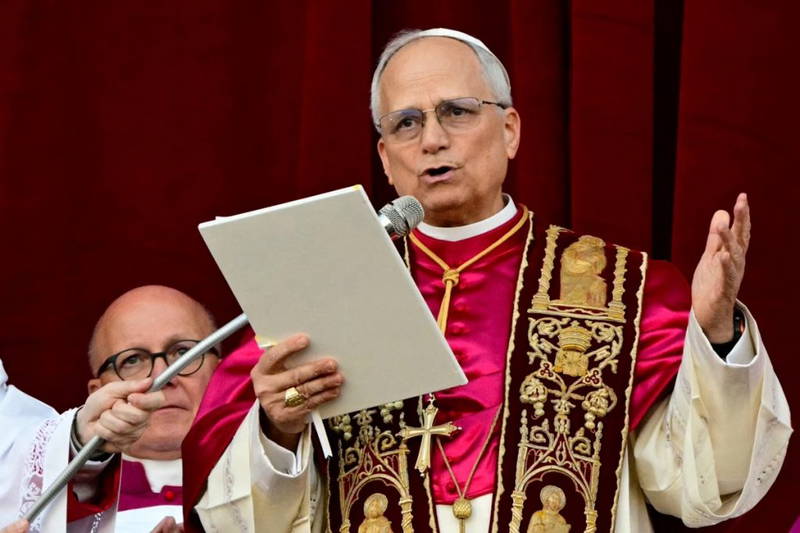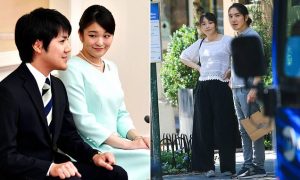
Cardinal Robert Francis Prevost has been elected as the new pope, taking the name Pope Leone XIV in a historic decision that marks the first time an American will lead the Catholic Church. White smoke rose from the Sistine Chapel late Thursday, signaling the end of a 24-hour conclave and the beginning of a new era for the 1.3 billion-member global faith community.
The 70-year-old Chicago native, who previously headed the Vatican’s influential Dicastery for Bishops, succeeds Pope Francis, who passed away last month at 88. Prevost’s election breaks more than 2,000 years of tradition, as no pope from the United States—or any part of the Americas—has ever before been chosen.
Born to a Spanish mother and a French-Italian father, Prevost spent decades as a missionary in Peru, becoming a naturalized citizen there while serving remote communities. His fluency in Spanish and deep ties to Latin America position him as a bridge between the Church’s European roots and its rapidly growing congregations in the Global South.
His path to the papacy was not without controversy. During his time as a provincial leader for the Augustinian order in the early 2000s, he faced scrutiny for allowing a priest accused of abuse to reside near a school. Later, as bishop of Chiclayo, Peru, he denied allegations that he mishandled abuse cases. Despite these challenges, his administrative skills and pastoral approach earned him increasing responsibility in Rome.
World leaders quickly congratulated the new pontiff. U.S. President Joe Biden, the nation’s second Catholic president, called the election “a moment of profound pride,” while Nigerian President Bola Tinubu praised Prevost’s “humility and global vision.”
Pope Leone XIV will celebrate his inaugural Mass on Sunday at St. Peter’s Basilica, where he is expected to outline priorities for his papacy. Vatican observers suggest he may focus on continuing Francis’ reforms while addressing clergy accountability and the Church’s mission in developing nations. His unique background—as both an American and a Latin American missionary—could redefine perceptions of the papacy for generations to come.







